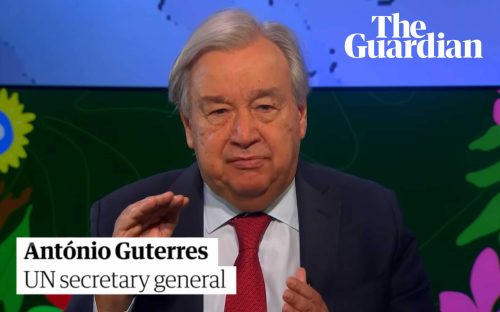The Guardian – Climate activists have reacted with concern to reports that Shell is reconsidering its decision to abandon development of the Cambo oilfield, warning that such a reversal would further threaten emissions reductions targets.
Mark van Baal, the leader of the campaign group Follow This said a decision to develop Cambo would contravene guidance by the International Energy Agency, a respected global body.
Last year the IEA said the exploration and development of new oil and gas must stop immediately if the world is to have any chance of limiting global heating to 1.5C, the target set at the 2015 UN climate talks in Paris. Shell has itself pledged to reach net zero emissions by 2050, but has not outlined detailed steps of how it will reduce its fossil fuel output.
“Any new fields will be stranded if we are to meet the Paris climate targets,” van Baal said, adding that Shell’s pledge to reach net zero by 2050 would be “really empty without action this decade”.
“We know this is a response to the Ukraine war,” he said. “The only good response to the Ukraine war is to replace Russian fossil fuels with renewables.
Follow This has gained the support of a significant minority of large investors for its campaign encouraging shareholders to vote for climate strategies at Shell and other large fossil fuel producers.
The group is again putting forward a resolution for Shell’s annual shareholder meeting calling for it to align with the Paris agreement, along with other big oil companies such as its UK rival BP and its US counterparts ExxonMobil and Chevron.










